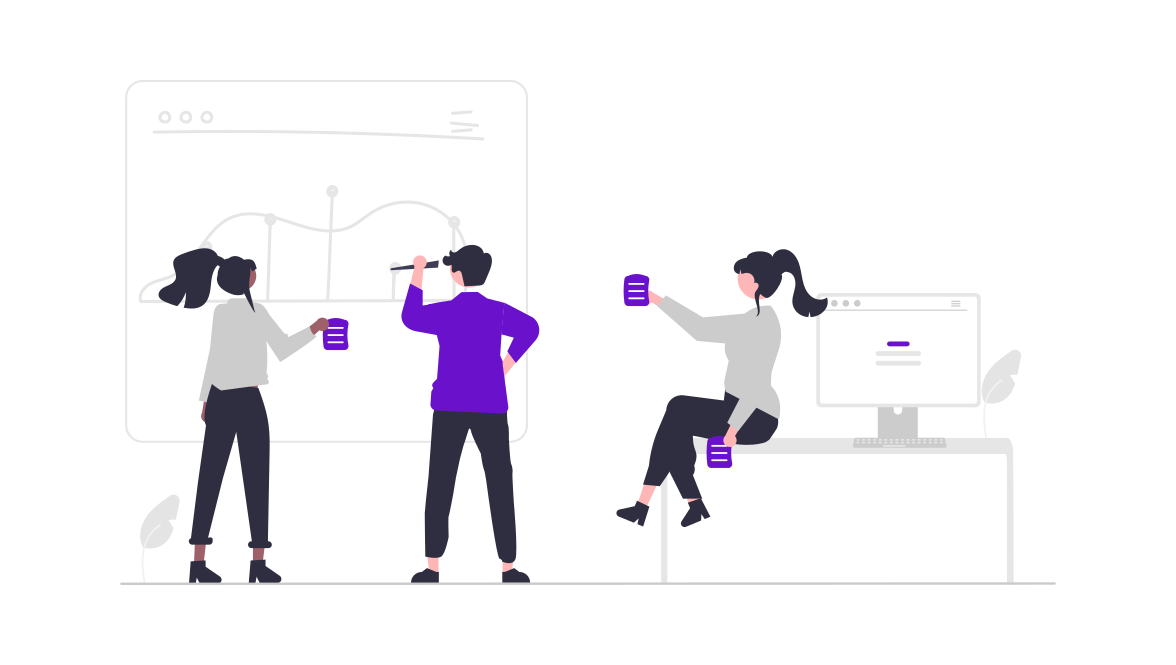In the ever-evolving world of digital marketing, artificial intelligence (AI) is emerging as a transformative force, especially for small businesses seeking to enhance their personalized marketing efforts. By leveraging AI, small businesses can create highly tailored experiences for their customers, boosting engagement, loyalty, and revenue. Here’s how AI is revolutionizing personalized marketing for small businesses.
Understanding Personalized Marketing
Personalized marketing involves tailoring marketing efforts to individual customers based on their behaviors, preferences, and needs. Unlike traditional marketing, which employs a one-size-fits-all approach, personalized marketing aims to deliver relevant content and offers to each customer. This approach has been proven to increase customer satisfaction and drive sales, making it a critical strategy for businesses of all sizes.
The Role of AI in Personalized Marketing
AI brings a new level of sophistication to personalized marketing. Here are some key ways AI is changing the landscape:
1. Data Analysis and Insights
AI can analyze vast amounts of data far more quickly and accurately than humans. For small businesses, this means gaining deep insights into customer behavior and preferences. AI algorithms can sift through data from various sources, such as social media, purchase history, and browsing patterns, to create detailed customer profiles. These insights enable businesses to tailor their marketing efforts more precisely.
2. Predictive Analytics
Predictive analytics, powered by AI, allows businesses to anticipate customer needs and behaviors. By analyzing past interactions and patterns, AI can predict what products or services a customer might be interested in, enabling businesses to make timely and relevant recommendations. This proactive approach can significantly enhance the customer experience and increase conversion rates.
3. Personalized Content Creation
Creating personalized content for each customer manually is impractical, especially for small businesses with limited resources. AI can automate this process, generating customized emails, social media posts, and website content based on individual customer data. This ensures that customers receive relevant and engaging content at every touchpoint.
4. Chatbots and Virtual Assistants
AI-powered chatbots and virtual assistants are revolutionizing customer service. These tools can provide instant, personalized responses to customer inquiries, enhancing the customer experience and freeing up human resources for more complex tasks. For small businesses, implementing AI-driven chatbots can lead to improved customer satisfaction and operational efficiency.
5. Dynamic Pricing
AI can help small businesses optimize their pricing strategies through dynamic pricing. By analyzing market trends, competitor pricing, and customer behavior, AI can suggest the best prices for products and services in real-time. This ensures competitiveness and maximizes revenue without extensive manual analysis.
Implementing AI in Small Business Marketing
While the benefits of AI in personalized marketing are clear, implementing AI solutions can be daunting for small businesses. Here are some steps to help get started:
1. Assess Your Needs
Identify the specific areas of your marketing strategy that could benefit from AI. This might include customer segmentation, content creation, or customer service. Understanding your needs will help you choose the right AI tools and solutions.
2. Choose the Right Tools
There are many AI tools available, ranging from simple chatbots to sophisticated analytics platforms. Choose tools that align with your business needs and budget. Many AI solutions are scalable, allowing you to start small and expand as needed.
3. Integrate with Existing Systems
Ensure that your chosen AI tools can integrate seamlessly with your existing systems, such as your CRM and marketing automation platforms. This will help streamline your operations and ensure that you can leverage AI effectively.
4. Train Your Team
Invest in training your team to use AI tools effectively. This might involve formal training sessions or on-the-job learning. A well-trained team will be better equipped to harness the full potential of AI in your marketing efforts.
5. Monitor and Optimize
AI is not a set-it-and-forget-it solution. Regularly monitor the performance of your AI-driven marketing efforts and make adjustments as needed. Use the insights gained to continually optimize your strategy for better results.
The Future of AI in Personalized Marketing
As AI technology continues to advance, its impact on personalized marketing will only grow. Future developments may include even more sophisticated data analysis, improved predictive capabilities, and greater automation of marketing tasks. Small businesses that embrace AI now will be well-positioned to capitalize on these advancements and stay ahead of the competition.
Conclusion
AI is indeed a game changer for personalized marketing, offering small businesses powerful tools to understand and engage their customers better than ever before. By leveraging AI, small businesses can deliver highly relevant and personalized experiences, driving customer satisfaction and business growth. The time to embrace AI in personalized marketing is now, setting the stage for a future where small businesses can compete on a level playing field with larger competitors.


